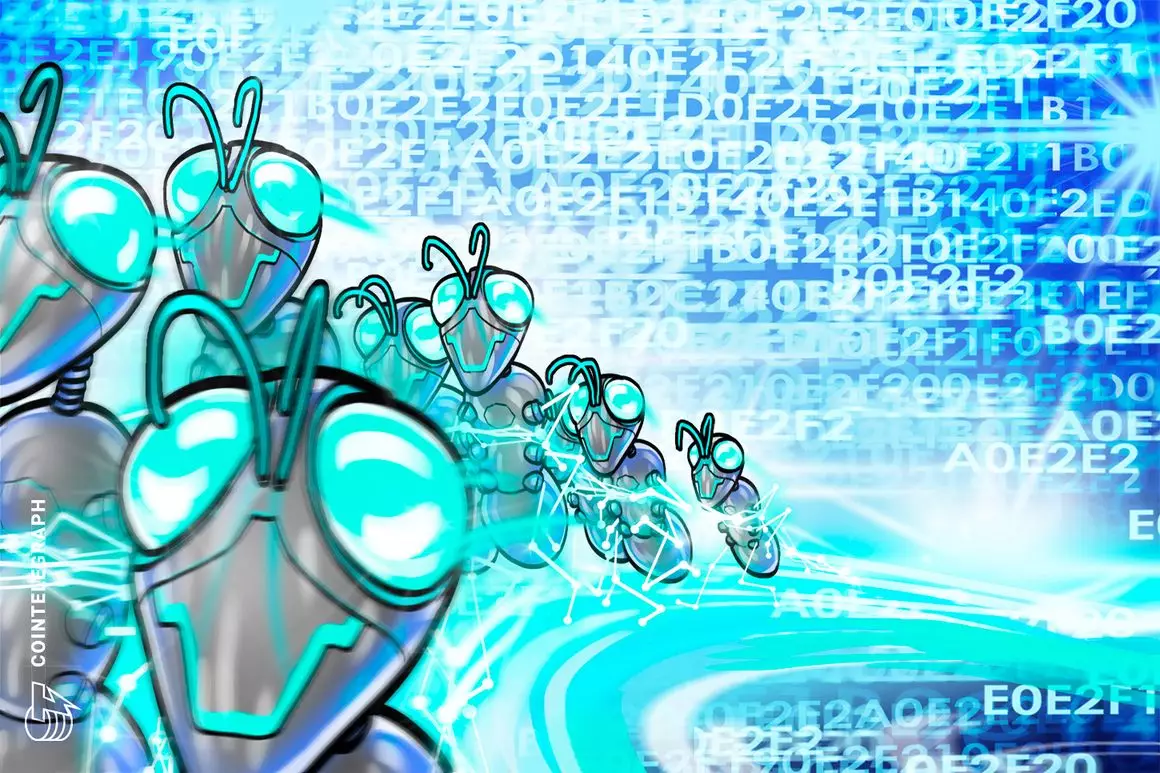The co-founder and CEO of zkSync creator Matter Labs, Alex Gluchowski, has found himself in the midst of controversy. Polygon Zero, a zero-knowledge scaling firm, has accused Matter Labs of copying code from their system without proper attribution. In a blog post, Polygon Zero claimed that Matter Labs had incorporated what they referred to as “performance-critical components” from their zero-knowledge system known as “Plonky2” into their own proving system called “Boojum”. According to Polygon Zero, this lack of attribution is detrimental to the developer ecosystem, as it allows better-funded competitors to reappropriate the work of smaller teams without giving credit where it is due.
In response to these allegations, Gluchowski vehemently denied the claim that Matter Labs had simply copy-pasted the code. Taking to a platform called X (formerly Twitter), he addressed the concerns raised by Polygon Zero. Gluchowski stated that every decision made during the development of zkSync was grounded in integrity and transparency. He acknowledged that the Polygon Zero team’s passion for their work might have led to rushed arguments and inaccurate statements. Gluchowski expressed his disappointment in the unfounded and misleading accusations from a team that he holds in high regard.
A Matter of RedShift
Gluchowski clarified that both Plonky2 and Boojum are based on the RedShift construction, which was introduced by Matter Labs three years prior to the publication of the Plonky2 paper. He argued that the developers of Plonky2 failed to give Matter Labs credit, although they did acknowledge Redshift in their paper. While Gluchowski maintained the integrity of his team’s actions, he did admit that there could have been better handling of the situation and a more standard approach to attribution, as pointed out by the community.
The allegations and subsequent denial have broader implications for the developer ecosystem. Open source projects rely on the spirit of collaboration, transparency, and credit where it is due. Copy-pasting code without proper attribution undermines this ethos and harms the ecosystem as a whole. Smaller development teams, often with fewer resources, are particularly vulnerable to having their work reappropriated without recognition. This can lead to a discouraging environment where innovation is stifled, and the contributions of smaller teams go unnoticed.
In light of the accusations and the subsequent dialogue, it is clear that the issue of proper attribution and ethical use of code needs to be a priority for all participants in the developer ecosystem. While Matter Labs denies the specific claim of copy-pasting, they acknowledge that improvements can be made in how they handle attribution. This serves as a valuable lesson for all developers and organizations to adopt more standardized approaches to ensure proper acknowledgment of the work and ideas of others.
As the developer ecosystem continues to evolve and expand, it is crucial to foster a culture of integrity and respect. Acknowledging the contributions of others and ensuring transparent practices are essential for the growth and sustainability of the industry. Open source projects are built on the foundations of collaboration and trust, and it is the responsibility of all participants to uphold these values.
The accusation leveled against Matter Labs by Polygon Zero has sparked an important conversation about the ethical use of code and the need for proper attribution. While Matter Labs denies the allegations of copy-pasting, they acknowledge the importance of embracing better practices for attribution. This incident serves as a reminder to the developer ecosystem to prioritize integrity, transparency, and collaboration for the benefit of all.

